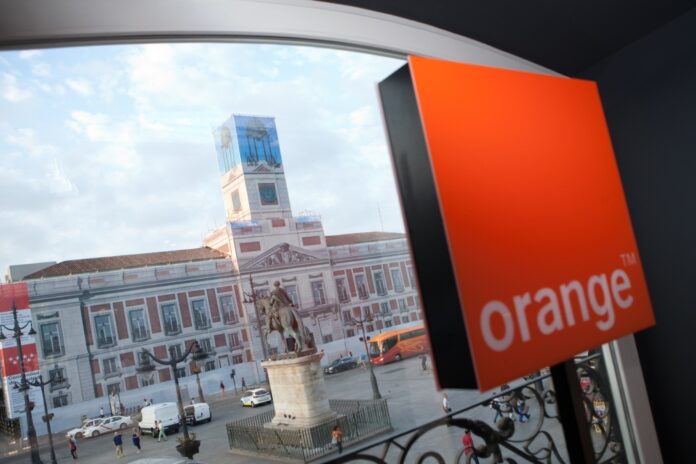
Local points of presence respond in under 10 milliseconds
Mobile operator Orange is using a new Bare Metal computing service from data centre operator Equinix to fuel the expansion of its Orange Telco Cloud footprint. Equinix Metal will help it maximise the processing power available to help telcos hit response times of under 10 milliseconds anywhere in the world, according to Orange Business Services.
Bare metal computing was originally the exclusive domain of technical experts, who maximised the processing power available to them by minimising the use of operating system and hypervisor commands. It was by nature a private activity, so dedicated servers and resources were needed. Within a bare metal infrastructure there is no multi-tenanting (sharing of machines) and the servers provisioned didn’t have the ‘liquidity’ granted by a hypervisor.
However cloud services have evolved so that a ‘bare metal cloud’ is no longer a contradiction in terms. Orange has said that by integrating with Equinix’s automated dedicated Bare Metal ‘as a Service’ (BMaaS) located in proximity to its existing networks at Equinix, it can meet customer demand for growth almost immediately, which means deploying in weeks from inception rather than the years such specialist arrangements used to take.
Equinix Metal will allow Orange to offer new services quickly without eye watering up-front costs or the complexity of a global supply chain. Customers will still have choice and control over IT infrastructure and digital transformation projects.
The new model lets Orange give business and wholesale customers Telco Cloud Points of Presence (PoPs) on demand. These local PoPs means they that services like software defined networks, content distribution networks, 5G roaming and voice services, all with a latency of less than 10 milliseconds. Orange said three locations running Equinix Metal will be deployed by the end of this year, in Seattle, Madrid and Amsterdam.
Three quarters (72%) of the world’s companies are planning to expand in the next 12 months, as they gamble on digital strategies to help them survive hostile economies and supply chain challenges, according to the Equinix 2022 Global Tech Trends Survey.
The ‘as a service’ infrastructure model has liberated Orange from hardware technicalities and allowed it to concentrate on Software definition of networks and virtualising network functions, according to Jean-Luc Vuillemin, the Executive VP for International Networks at Orange. “Orange can provide a fully flexible and elastic solution to customers, speed up the deployment of 100 Telco Cloud PoPs and adjust capacity to meet demand,” said Vuillman.
Orange already has 40 SDN PoPs around the world but has a target of reaching more than 100 “Telco Cloud PoPs” by 2024 as part of its eNGINe (New Generation International Network) transformation programme.


